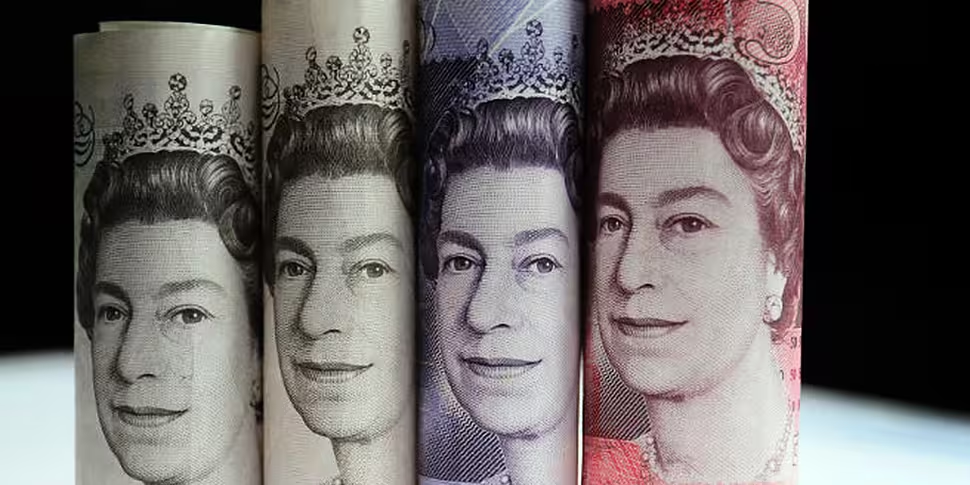Sterling fell by up to 1.5% against both the euro and the dollar yesterday, but closed just under 1% lower – at 88p against the euro and 1.20p against the US currency.
Once again, Irish exporters in a position to do so, are presented with the dilemma of whether to hedge sterling at these levels, based on a view of whether, in the short term, the worst is already built into the price in terms of the UK government’s plans - or that it could weaken further.

Reports in The Irish Times this morning suggest that many Irish importers from the UK have been actively buying sterling in recent days on the basis that it may rebound in value following this morning’s speech.
But others such as the US Investment Bank, JP Morgan feel it will continue to weaken this year.
They foresee it staying at about 88p in the first quarter but weakening to as low as 93p by the end of the year.
Garret Grogan of Bank of Ireland Global Markets joined Vincent Wall on Breakfast Business.
"The market will be watching the language very carefully for what Brexit will look like - and will there be a transitional period for financial institutions and businesses," he commented.
Mr Grogan added that is could be advisable for businesses to hedge against future currency movements. Mr Grogan described recent swings on foreign exchange markets as "violent."
The banker believes that currency markets are particularly volatile as movements are being driven by political decisions - rather than the actions of central banks around the world.
He believes that instability caused by elections across key EU states will put pressure on the euro during 2017.









